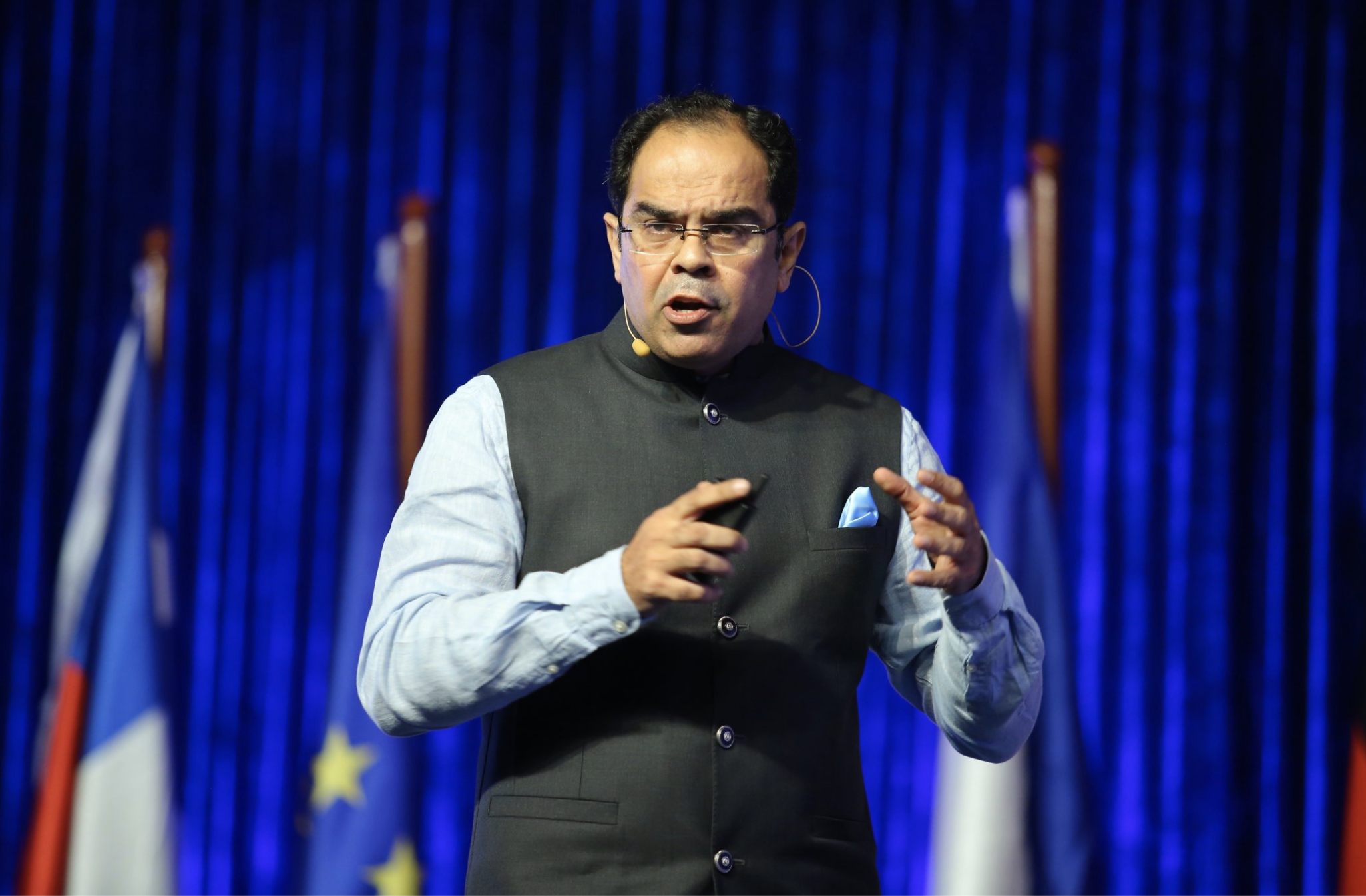If Capitalism 2.0 is to be more humane, conscientious and inclusive than its previous iteration, social impact must shift from a fringe consideration to the center of business, government and investment decisions.
Over the last 250 years of Capitalism 1.0, humanity has seen unprecedented progress: the emergence of free markets and democracy; industrial and technological revolutions embracing mind-boggling innovations, artificial intelligence and robotics; exploration of space, the moon and Mars; and hugely improved health and life expectancy across nations.
Despite this phenomenal progress, our world has also witnessed growing social inequality, with the top 1% of its population owning two-thirds of global wealth, apparently insurmountable poverty, with 3 billion living on less than $5 per day, and the prospect of catastrophic global warming, as outlined in the latest IPCC report concluding we are about the burn through the 1.5°C carbon budget.
I can’t help but surmise that Thomas Hobbes’ Leviathan (1651) is heartless, Adam Smith’s Invisible Hand (1761) is misguided, and Jean-Jacques Rousseau’s Social Contract (1750) is now redundant. We cannot allow this exasperating social inequality and worsening climate change to continue, especially since we have a solution in the emerging impact economies. We must usher in Capitalism 2.0, with impact central to all business, government and investment decisions.
Social impact, which has been articulated through social entrepreneurship for decades, and the climate movement, converged as the impact movement in 2008, consolidating yet further when former UK Prime Minister David Cameron set up a 2013 G8 Taskforce under the chairmanship of Sir Ronald Cohen. This taskforce metamorphosed into the Global Steering Group for Impact Investment (GSG), which now has 21 countries plus the European Union as members.
Today, this movement is trying to move capitalism from just embracing risk and return to embracing risk, return and impact in all its business and investment decisions. Under GSG’s leadership, core impact investing has grown to a $260 billion sector while overall responsible, sustainable and impact investing has grown to $26 trillion.
Key indicators show that responsible investment returns are on par with market returns in developed markets and are superior in emerging markets. Sustainable investing, dominated by green finance, has helped build 2,179 gigawatts of global renewable capacity, while impact investing, which juxtaposes measurable social and environmental impact alongside financial returns, delivered a 6.9% internal rate of return (IRR) – a measure of profitability. Funds less than $100 million in size returned 9.5% IRR. In my home country, India, $4.5 billion of investments between 2010-2016 delivered 11% IRR and is home to over a dozen impact enterprises over $1 billion in size.
The impact movement holds out hope that we can indeed make Capitalism 2.0 more humane, conscientious and inclusive than its previous iteration. The movement even has its own manifesto, On Impact. We can embed the impact revolution but first, we must achieve three things:
- Standardized measurement. We must agree on a standardized measurement of impact, as over 150 different approaches proliferate the market, making comparisons difficult. GSG with its 21 country members is working on impact-weighted accounts that allow standardized measurement and reporting of impact. This must be accompanied with generally accepted impact principles;
- Impact Act. We must draft an Impact Act, another undertaking by GSG and its 21 country members, which will make reporting of impact mandatory for all organizations- governments, businesses and investors. This must be accompanied with retail awareness so that consumer too is part of the impact movement, consuming sustainably;
- Popular movement. The impact movement must be about people and planet, not about big business, investors and government actions alone. We need to painstakingly connect the underserved to the big idea that we can have 100% of the economy work for the 99%, if we embrace impact and legislate it through an Impact Act.
We believe that the Impact Act will be the new social contract guiding the invisible hand with an invisible heart. It will ensure that in all our actions and decisions, the underserved stakeholders and planet are put in the center of the civilizational agenda.
A $26 trillion sector is not to be scoffed at. With impact economies of the future, we can achieve the vision that we are passing on to the next generations a planet better than we inherited. That vision is worth fighting for, worth sacrificing for. We can, and we must build a world in which capital finds its highest purpose so that Hobbes, Adam Smith and Rousseau can finally smile.
Amit Bhatia is CEO of the Global Steering Group for Impact Investing.











